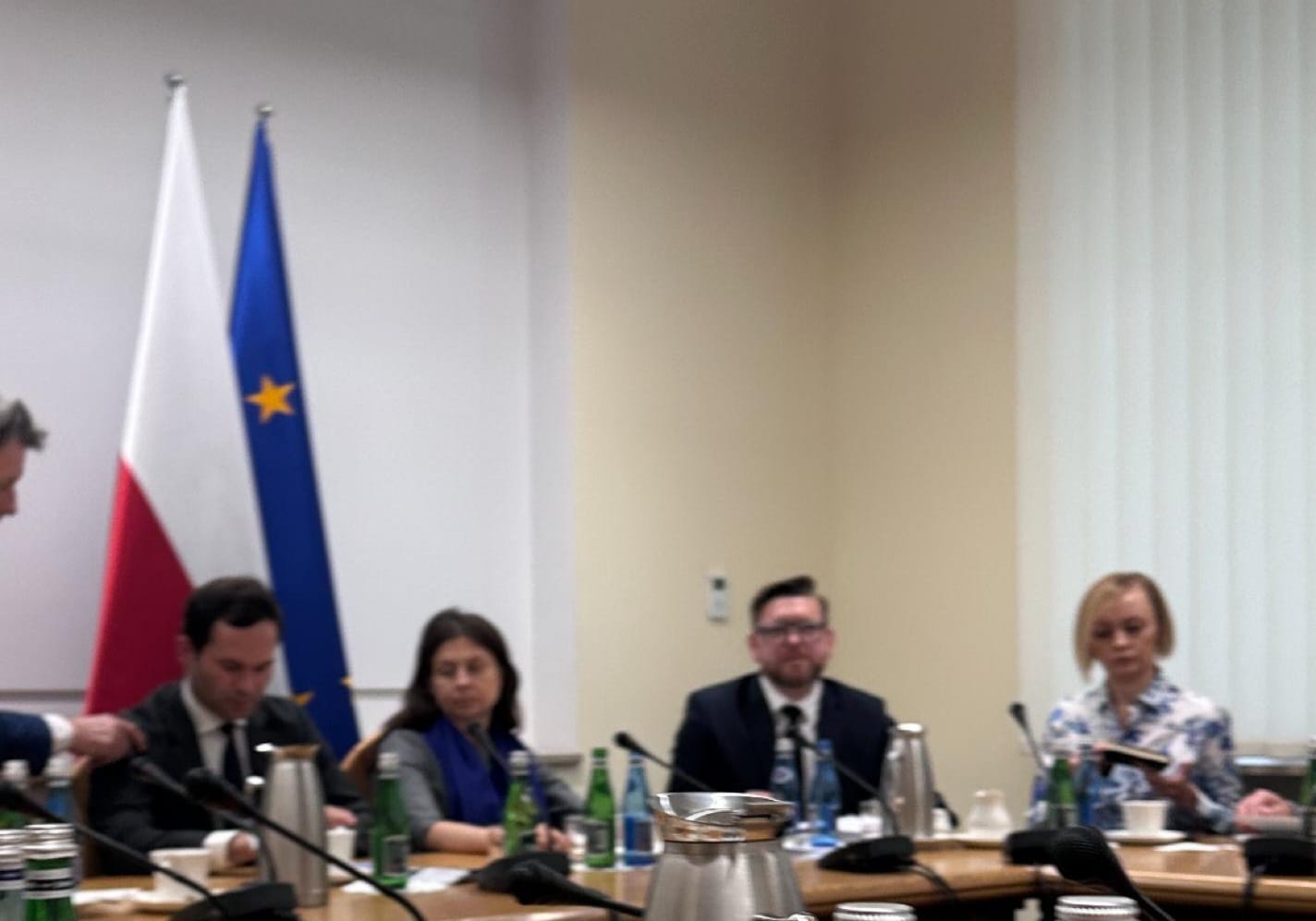On Thursday, April 25, the Chancellery of the Prime Minister hosted a meeting on the priorities of the Polish Presidency of the European Union in 2025. As is well known, elections to the European Parliament will be held on June 9, after which work will begin on the composition of the new European Commission, which should take office at the end of this year. In parallel, in the various Directorates General (DG), work is underway on the priorities of the incoming Commission and proposals for tasks for future Commissioners.
In this regard, the Chancellery, together with the Ministry of Climate and Environment, organized a meeting dedicated to Poland’s postulates proposed by the energy industry in this regard for the coming years of the Commission’s work, as well as for the period of Poland’s presidency of the EU Council in the first half of 2025. The discussion was attended by Janusz Gajowiecki President of PWEA and WIH, as well as Maciej Mierzwiński, President of CEE Energy and member of the WIH Program Council.
The gentlemen addressed issues related to the need for the development of European wind energy supply chains and better coordination of cooperation between Member States. Also discussed were opportunities related to the currently finalized Net Zero Industry Act, which creates tools for the promotion of local generators and the implementation of projects based on the idea of nearshoring.
The economic transformation of Europe, including the European Green Deal in the coming years should be based on strong local industry and the reindustrialization of Europe, including Poland. The re-industrialization of Europe is largely dependent on the economic policies of the European Union, which affect the business environment inside and outside the Union.
Economic and energy transformation is taking place on an unprecedented scale, surrounded by global competition and price pressures. In an effort to strengthen its position, Europe is focusing on reducing its dependence on authoritarian powers, protecting itself from unfair competition and modernizing its industrial sector. Key to the success of these efforts will be, among other things, the smooth implementation of the green and digital transformation, which requires additional financial resources. However, the drive to increase self-sufficiency in strategic sectors and to build a low-carbon, sustainable economy requires a new system for building the competitive position of European plants, including exceptionally large financial support mechanisms, without which the stated goals will not be achieved.
The Wind Industry Hub has been working since the end of 2023 to propose the content of an industrial strategy for wind power to the Polish Government. This document will be an important Polish contribution to the above demands of the Presidency. With this approach, Poland can not only define ambitions, but also propose specific mechanisms and methodologies for their implementation.


